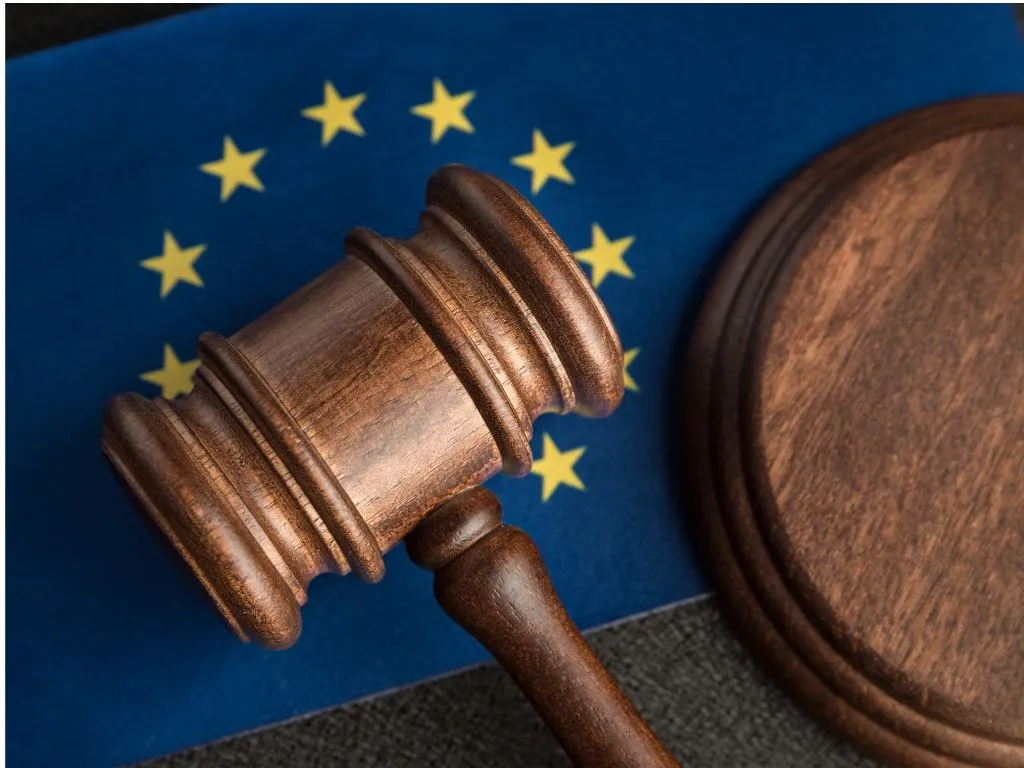- Home
- News Details
News Details

EU Unveils 2025–2030 Eco-design Plan to Advance Sustainable Product Standards Across Key Sectors
2025-06-02 Reference source : European Commission
ESPR Eco-design for Sustainable Products Regulation ECO design EU Regulatory Update
On 16 April 2025, the European Commission adopted the 2025–2030 working plan under the Eco-design for Sustainable Products Regulation (ESPR) and the Energy Labelling Framework Regulation (ELFR). The plan prioritizes key product groups, such as steel, aluminium, textiles (especially apparel), furniture, tyres, and mattresses, for new eco-design and energy labelling requirements, with the aim of promoting sustainability and prioritising circularity, and energy efficiency. The plan also introduces cross-cutting measures, including the implementation of repairability scores and recyclability standards aimed at improving the sustainability of electronic devices and small household appliances. Developed through stakeholder consultation and technical analysis, the plan supports the EU’s climate and competitiveness goals while ensuring tailored support for SMEs.
Background
The Eco-design for Sustainable Products Regulation (ESPR), adopted in July 2024, seeks to make products placed on the EU market more sustainable by enhancing their circularity, energy performance, recyclability, and durability. In addition to promoting environmental objectives, the regulation aims to strengthen the Single Market and improve the overall competitiveness and resilience of the European economy.
In conjunction with the Energy Labelling Framework Regulation (ELFR), the ESPR empowers consumers to make more informed and sustainable purchasing decisions. The newly adopted working plan builds on the momentum of the 2022–2024 initiative, which targeted 16 energy-related products including dishwashers, electric motors, electric vehicle chargers, and electronic displays with updated sustainability and energy efficiency standards.
Next steps
The new ecodesign and energy labelling requirements will be developed through delegated acts, tailored to specific products or product groups and based on comprehensive studies and impact assessments. Stakeholder engagement will be a key part of the process, with active participation from the newly formed Ecodesign Forum. Meanwhile, ongoing efforts under the current Ecodesign Directive will continue for certain energy-related products, with final requirements expected to be adopted by 31 December 2026.
We acknowledge that the above information has been compiled from European Commission.
Global Product Compliance (GPC) specializes in Global Regulatory Compliance Solutions across sectors
globally. SSS Europe, a familiar name in chemical regulatory and compliance services now formally belongs
under the umbrella of GPC Holding Sweden.
Since 2008, we have emerged as one of the leading names among Global Regulatory Compliance Service
Providers with Representation services in Europe, Asia and Middle East for respective chemical
regulations.

 Twitter
Twitter
